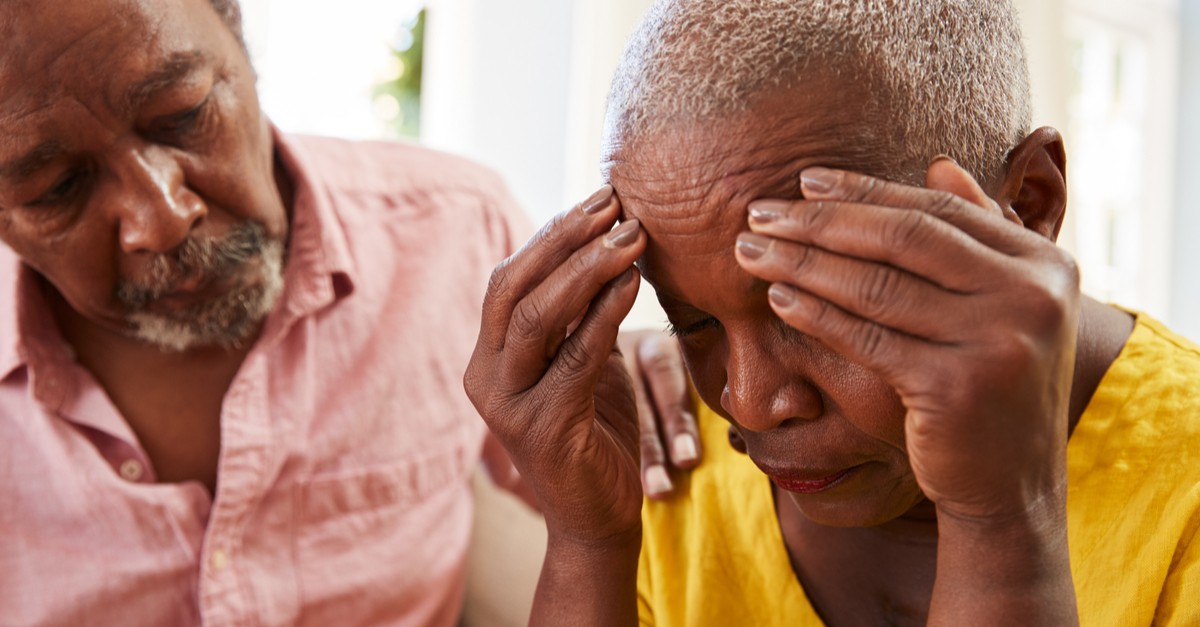
By Elizabeth Necka, Division of Behavioral and Social Research, NIA
With nearly 70% of Americans over the age of 65 now fully vaccinated against COVID-19, many older Americans are once again safely hugging their (fully vaccinated) loved ones and returning to regular activities after more than a year’s hiatus. We’re all glad to see the light at the end of the pandemic tunnel, but in addition to the tragic loss of life, COVID-19 magnified the already-dire problem of social isolation and loneliness among older adults.
National Institute on Aging (NIA) has a robust history of promoting research to help understand how we can reduce loneliness and enhance social connection among older adults to improve physical and mental health outcomes. The pandemic underscored that rigorous research on the health impact of social isolation and loneliness — and the development of interventions to prevent or address these conditions — are needed now more than ever.
How to get involved in the science of social isolation
This is an opportune moment for scientists, caregivers, and clinicians from across multiple disciplines to get more involved in this important field! The recent National Academies of Sciences, Engineering, and Medicine report on Social Isolation and Loneliness in Older Adults is a great place to start. It includes a summary of how social isolation and loneliness affect health and quality of life and details recommendations and opportunities for clinical settings to reduce adverse health impacts. Also take a look at our recent Facebook Live Q&A where NIA’s Drs. Janine Simmons and Elena Fazio discussed insights and resources and answered questions from the public.
Some promising behavioral and social interventions to overcome loneliness exist. But to reach a growing older adult population with a shrinking caregiving workforce, we must focus on the action mechanisms of promising interventions to advance health equity while helping middle-aged adults maintain or grow social connections as they grow older.
NIA funded two projects through a recent set of FOAs:
•PAR-21-144 and PAR-21-145: “Research on Biopsychosocial Factors of Social Connectedness and Isolation on Health, Wellbeing, Illness, and Recovery.” These FOAs are already supporting investigations into how social connections and support impact brain aging, cognitive health, and resilience
Other priority research opportunities at NIA include:
•NOT-AG-21-015: Studies examining how COVID-19-associated social isolation and loneliness impact the health and well-being of midlife and older adult populations.
•NOT-AG-18-056: Observational studies as well as intervention research to identify quality of life and health outcomes for people with dementia, with particular interest in those who are socially isolated.
Contact us to connect, collaborate
Understanding and enhancing social connections are vital to ensuring older Americans’ health and well-being. If you’re interested in being part of this effort, we welcome the opportunity to discuss your research ideas and hope you will consider an application addressing the topics mentioned above.

